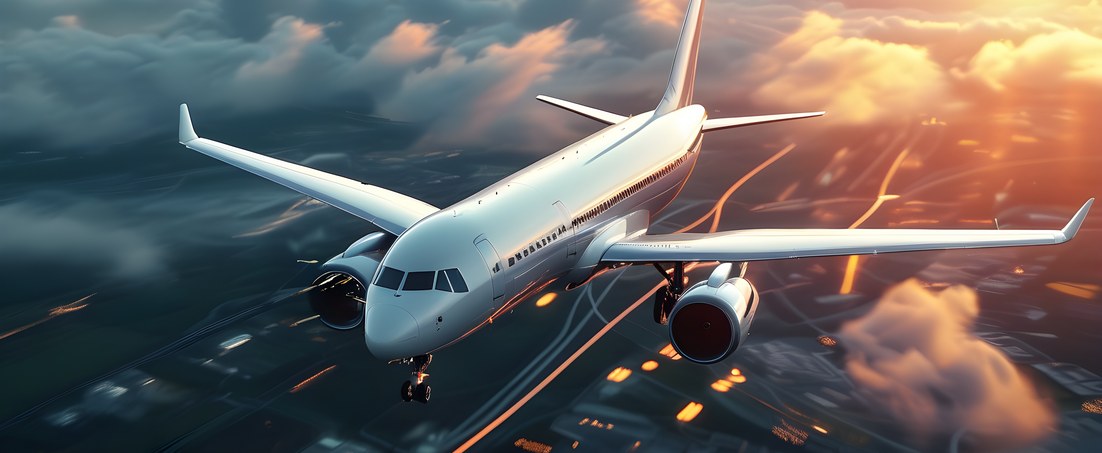The Future of Flight Safety: The Role of Artificial Intelligence

Flight safety has always been a top priority in the aviation industry, and with the integration of Artificial Intelligence (AI), it is becoming more advanced and effective than ever before. AI technology is transforming how airlines monitor, predict, and respond to safety concerns, making air travel safer for passengers and crew.
One of the most significant contributions of AI to flight safety is predictive maintenance. By analyzing data from various sensors on an aircraft, AI can identify potential technical issues before they become serious problems. This proactive approach ensures that maintenance is performed at the right time, reducing the likelihood of mechanical failures and flight delays. Airlines like Delta and Lufthansa have already implemented AI-powered predictive maintenance systems, resulting in improved safety and efficiency.,
Another area where AI is making a difference is in autonomous flight systems. While fully autonomous commercial flights are still a distant prospect, AI is already assisting pilots with real-time data analysis and decision-making. For example, AI algorithms can process weather data, air traffic information, and aircraft performance metrics, providing pilots with actionable insights that enhance situational awareness and decision-making.
AI is also playing a crucial role in enhancing security at airports and on flights. Advanced facial recognition technology, powered by AI, is being used to verify passenger identities and detect potential threats. This technology not only improves security but also speeds up the boarding process, making it more efficient.
As AI technology continues to evolve, its impact on flight safety will only grow. The integration of AI into various aspects of aviation ensures that the industry remains one of the safest modes of transportation, with continuous improvements in safety protocols and procedures.